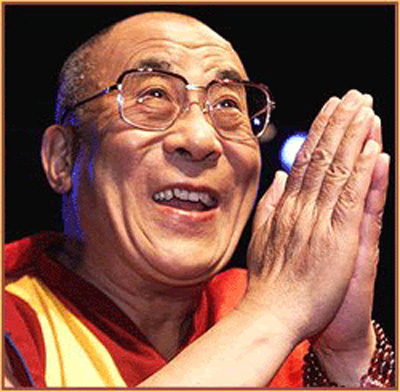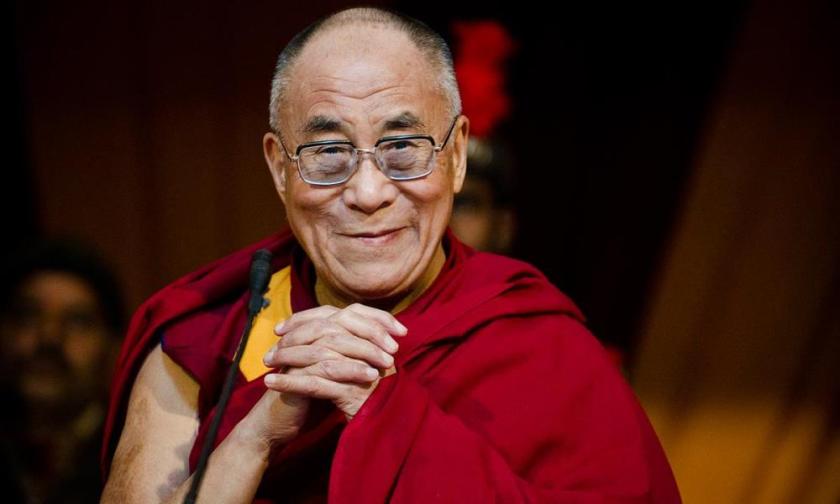
Most of us probably don’t believe we need a formal definition of happiness; we know it when we feel it, and we often use the term to describe a range of positive emotions.
In her book The How of Happiness, positive psychology researcher Sonja Lyubomirsky elaborates, describing happiness as ‘the experience of joy, contentment, or positive wellbeing, combined with a sense that one’s life is good, meaningful, and worthwhile.’
In addition to making us feel good, numerous scientific studies have found that happiness can actually help us to live longer, healthier and more productive lives, contribute to more fulfilling relationships, greater success and make us more resilient to stress and trauma.
Of course it’s not realistic to believe we should be happy all the time – but it’s possible to be happier more of the time by gaining greater understanding of the ’causes’ of happiness and training ourselves into a mindset that encourages us into the ‘habit’.
This is the basis of the highly successful annual Happiness and Its Causes conference, to be held at Sydney’s Luna Park, June 10-11, incorporating a new initiative, The Wellness Show*, as a general exhibition expected to attract more than 2000 delegates.
This year’s conference will feature spiritual leader and Nobel Peace Laureate His Holiness the Dalai Lama.
Over the past 10 years, Happiness and Its Causes has been a forum for exploring the many and varied causes for a happy and fulfilling life, presenting the world’s brightest minds in psychology, science, education, business, religion and the arts.
Other speakers this year include New York Times best-selling author of The Happiness Project, Gretchen Rubin; the ‘Indiana Jones of positive psychology’, Robert Biswas-Diener; fitness expert Michelle Bridges; actress and comedian Ruby Wax, who battled depression throughout her career; Keelen Mailman, the first Aboriginal woman to run a commercial cattle station; and policeman Allan Sparkes, who suffered post traumatic stress after rescuing a child from a stormwater drain.
If you can’t make the conference, we offer you some thoughts from the Dalai Lama, author of The Art Of Happiness:

- Love and compassion are necessities, not luxuries. Without them, humanity cannot survive.
- If you want others to be happy, practice compassion. If you want to be happy, practice compassion.
- Compassion can be roughly defined in terms of a state of mind that is non-violent, non-harming, and non-aggressive. It is a mental attitude based on the wish for others to be free of their suffering and is associated with a sense of commitment, responsibility, and respect towards others
- We need to learn how to want what we have, NOT to have what we want in order to get steady and stable happiness.
- Although you may not always be able to avoid difficult situations, you can modify the extent to which you can suffer by how you choose to respond to the situation
- Let us reflect what is truly of value in life, what gives meaning to our lives, and set our priorities on the basis of that. The purpose of our life needs to be positive. We weren’t born with the purpose of causing trouble, harming others. For our life to be of value, I think we must develop basic good human qualities – warmth, kindness, compassion. Then our life becomes meaningful and more peaceful – happier.
- When life becomes too complicated and we feel overwhelmed, it’s often useful just to stand back and remind ourselves of our overall purpose, our overall goal. When faced with a feeling of stagnation and confusion, it may be helpful to take an hour, an afternoon, or even several days to simply reflect on what it is that will truly bring us happiness, and then reset our priorities on the basis of that. This can put our life back in proper context, allow a fresh perspective, and enable us to see which direction to take
- I think that if one is seeking to build a truly satisfying relationship, the best way of bringing this about is to get to know the deeper nature of the person and relate to her or him on that level, instead of merely on the basis of superficial characteristics.
- Happiness is determined more by one’s state of mind than by external events.
- In accepting that suffering is a part of your daily existence ‘ we can transform our attitude towards suffering, adopt an attitude that allows us greater tolerance of it, then this can do much to help counteract feelings of mental unhappiness, dissatisfaction, and discontent.’
- If the situation or problem is such that it can be remedied, then there is no need to worry about it. In other words, if there is a solution or a way out of the difficulty, then one needn’t be overwhelmed by it. The appropriate action is to seek its solution. It is more sensible to spend the energy focusing on the solution rather than worrying about the problem. Alternatively, if there is no way out, no solution, no possibility of resolution, then there is also no point in being worried about it, because you can’t do anything about it anyway.
- I think that generally, being honest with oneself and others about what you are or are not capable of doing can counteract that feeling of lack of self-confidence.
www.happinessanditscauses.com.au
The Australasian Spa and Wellness Association (ASWell) is an endorsing body for The Wellness Show and will have an exhibition stand within the Spa, Wellness and Anti – Ageing zone, to showcase our association and members.The Wellness Show is a unique showcase of the innovation, opportunities and technology that are transforming health, wellbeing – and happiness.ASWell members will also be offered a 20 percent reduction on delegate price to attend Happiness and Its Causes. www.spaandwellness.com.au




